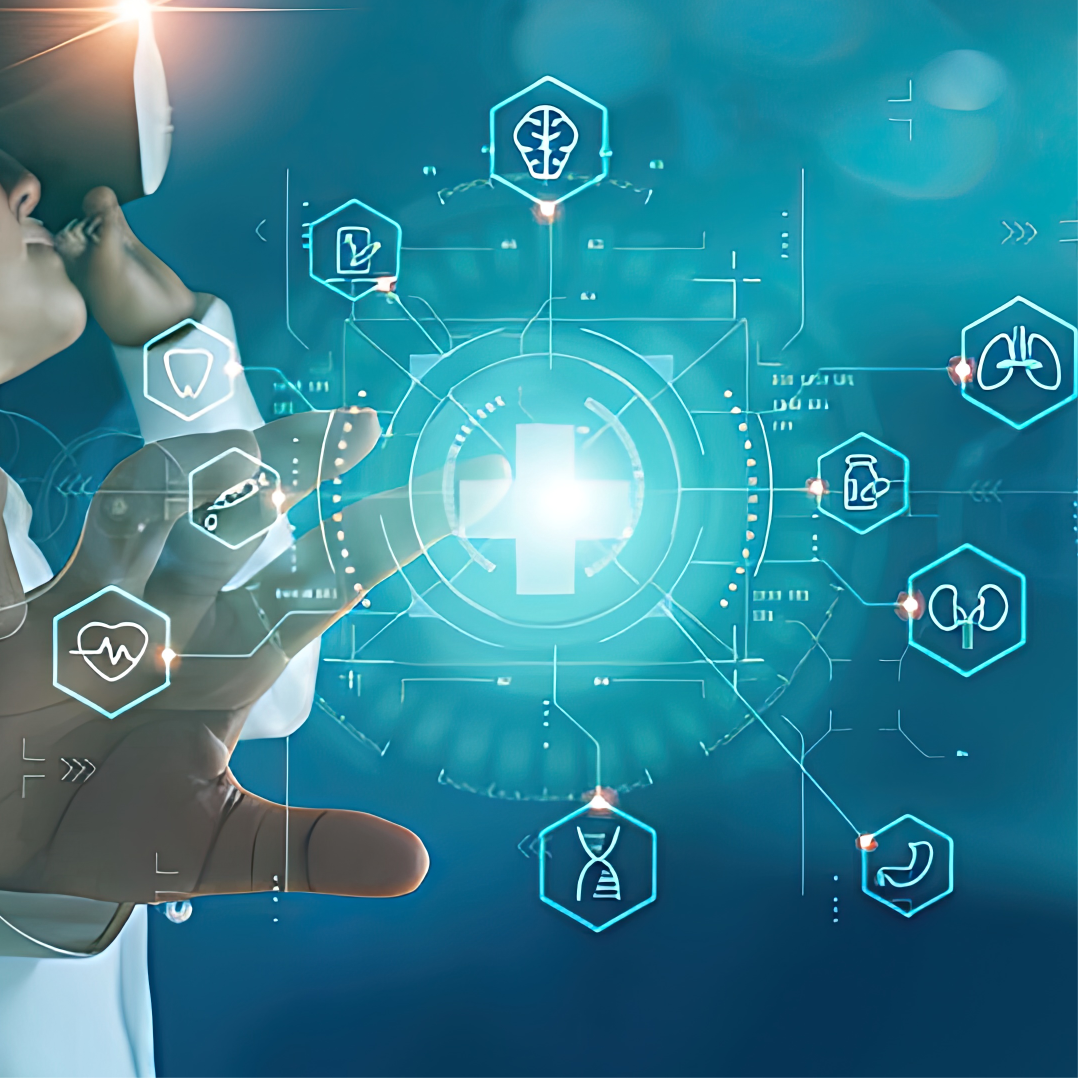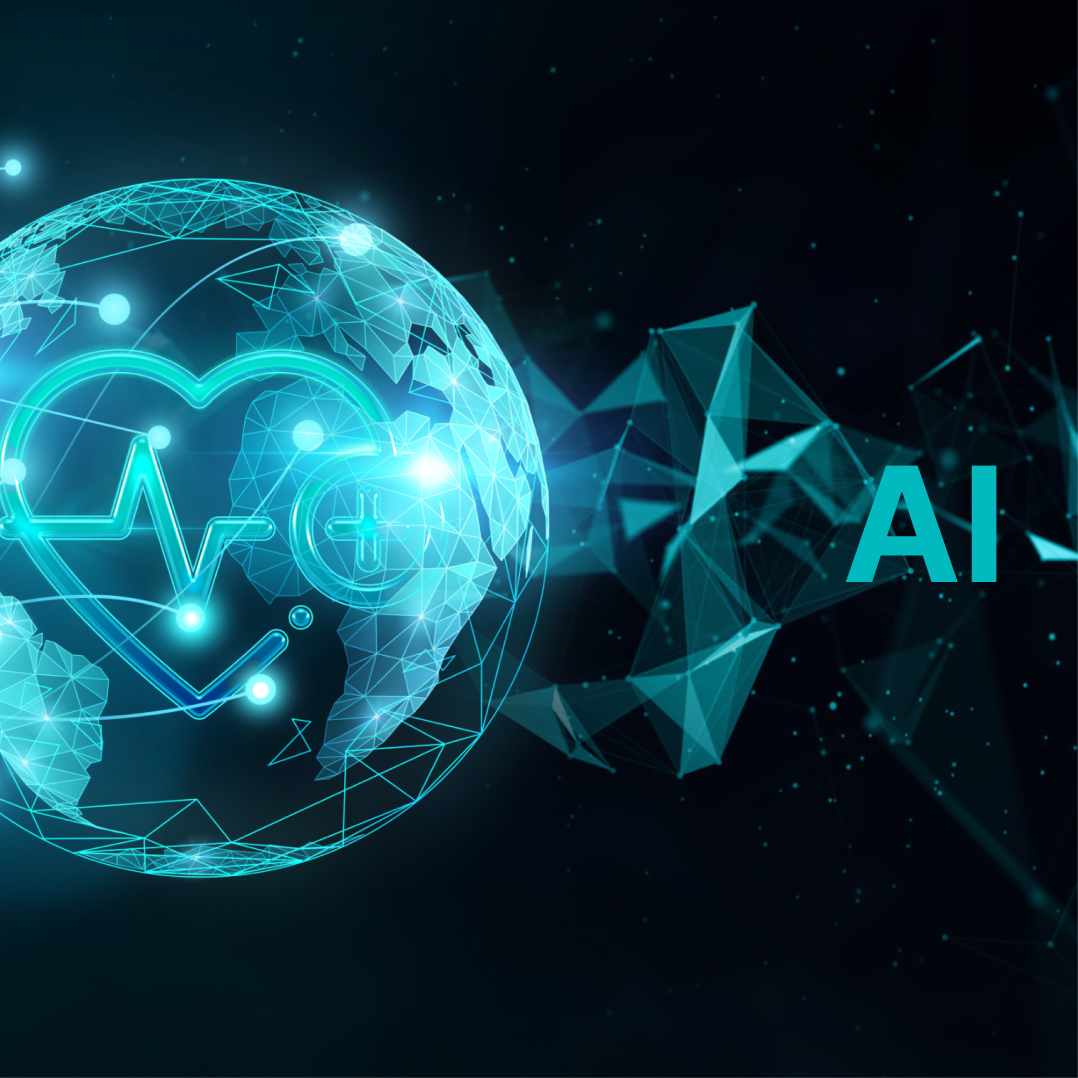In a world where technology is reshaping every industry, healthcare stands at the cusp of a profound transformation. Artificial intelligence (AI) is making healthcare smarter, more predictive, and tailored to the needs of individuals and populations. By integrating predictive analytics, AI is enabling the global healthcare system to transition from reactive care to a proactive, data-driven model.
Understanding AI Predictive Healthcare
AI predictive healthcare leverages advanced algorithms and machine learning to analyze large datasets, including medical records, real-time patient data, genetic profiles, and more. These tools identify patterns and potential risks early, empowering healthcare providers to anticipate medical conditions, enhance patient care, and improve outcomes.
Rather than replacing traditional methods, AI works alongside clinicians, elevating their ability to make informed decisions. This collaboration paves the way for innovative approaches to medicine. From identifying chronic conditions like heart disease to crafting personalized treatment plans, predictive analytics in health has become a vital component of modern medical care.
The Global Impact of AI in Medicine
The adoption of AI in healthcare is a global phenomenon with transformative implications. Health systems worldwide are using AI to tackle pressing challenges, making global AI in medicine a key driver of change. Whether enhancing diagnostic tools or enabling more personalized care, AI is fundamentally reshaping how medicine is practiced.
Population health management is one of the most promising applications. By analyzing large-scale data, AI helps identify trends across communities, enabling governments and organizations to implement preventive measures. This not only eases the strain on healthcare infrastructure but also leads to improved health outcomes on a societal level.
How AI is Elevating Patient Care
The integration of AI in healthcare is revolutionizing patient care with AI at every level. Predictive analytics enables the early detection of conditions such as diabetes, cancer, and cardiovascular diseases. By identifying risks early, healthcare providers can intervene sooner, improving patient recovery rates while reducing the strain on resources.
Real-time monitoring, powered by wearable devices and mobile apps, is another breakthrough. These tools collect continuous health data—such as heart rates and sleep patterns—feeding predictive models that identify health concerns in real-time. This fusion of mobile app development and predictive analytics empowers patients to take an active role in their health.
AI also transforms personalized care. By analyzing genetic information, medical history, and lifestyle data, AI creates customized treatment paths that are more effective and efficient. This personalized approach is particularly beneficial for managing chronic or complex conditions, where standard treatments may fall short.
Addressing Challenges in AI-Driven Healthcare
While the potential of AI predictive healthcare is immense, challenges remain. High-quality, interoperable data is essential for AI models to function effectively, yet achieving standardization across diverse healthcare systems is an ongoing effort.
Data privacy and security are equally critical. With the rise in digital health information, ensuring compliance with regulations and protecting sensitive data is non-negotiable. Moreover, addressing bias in AI algorithms is necessary to avoid inaccuracies or disparities in care. Building transparent and fair AI systems is key to earning trust and ensuring equitable healthcare delivery.
The Future of Predictive Analytics in Health
The combination of AI and big data is shaping healthcare future trends that promise smarter, faster, and more accessible care. Advancements in wearable sensors and health apps will make real-time monitoring a standard part of healthcare. These tools will seamlessly integrate with predictive models, enabling proactive health management at a global scale.
As adoption grows, AI predictive healthcare will redefine how we approach patient care. By minimizing unnecessary interventions, optimizing resource utilization, and enabling early interventions, AI will enhance individual outcomes and improve the overall efficiency of health ecosystems worldwide.
Why This Matters for Your Business
For healthcare businesses, embracing AI is no longer optional—it is a strategic necessity. Integrating predictive analytics in health into your operations enables you to offer superior patient care, optimize costs, and stay ahead in a rapidly evolving market.
From AI-powered diagnostic tools to mobile app development for real-time health monitoring, the possibilities are endless. Businesses that adopt these technologies will lead in providing innovative solutions while meeting the growing global demand for AI in medicine.
Transforming Healthcare with AI
The journey toward predictive, proactive healthcare is just beginning. AI predictive healthcare isn’t just about technology; it’s about rethinking how we care for individuals and communities. By anticipating health challenges and addressing them early, AI is helping create a healthier, more sustainable future.
Take the first step toward transforming healthcare today. Unlock the potential of AI to redefine patient care and reshape the future of medicine.





